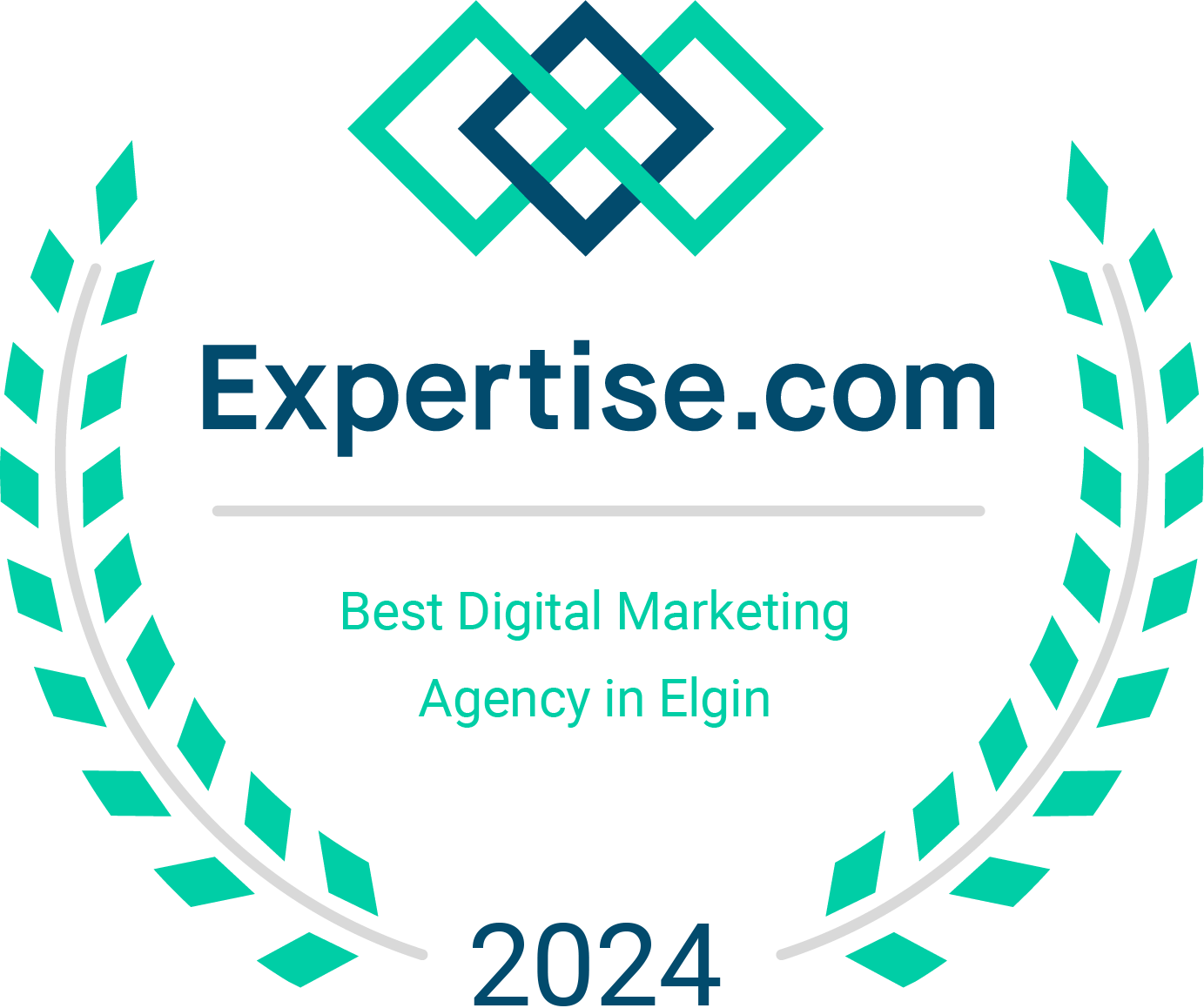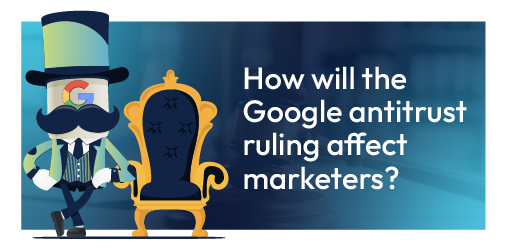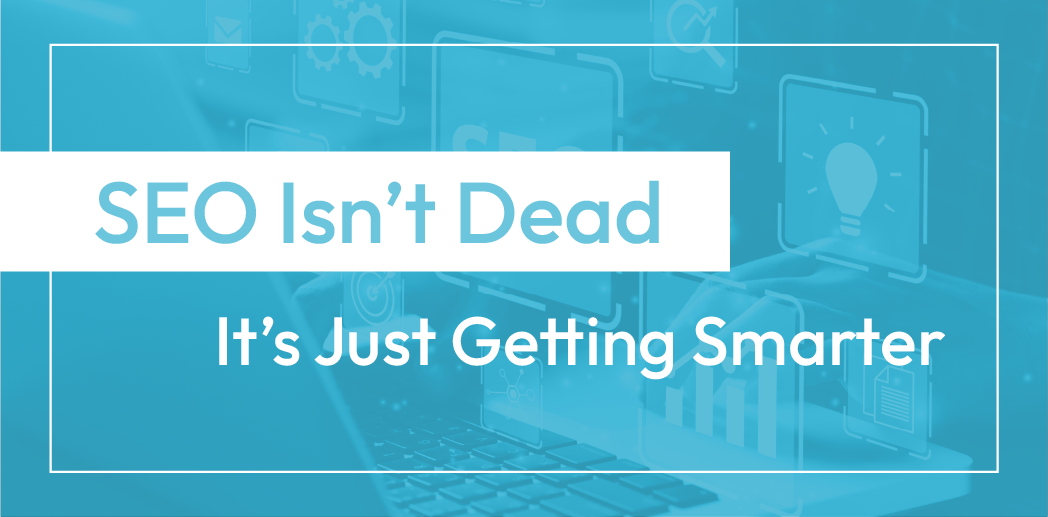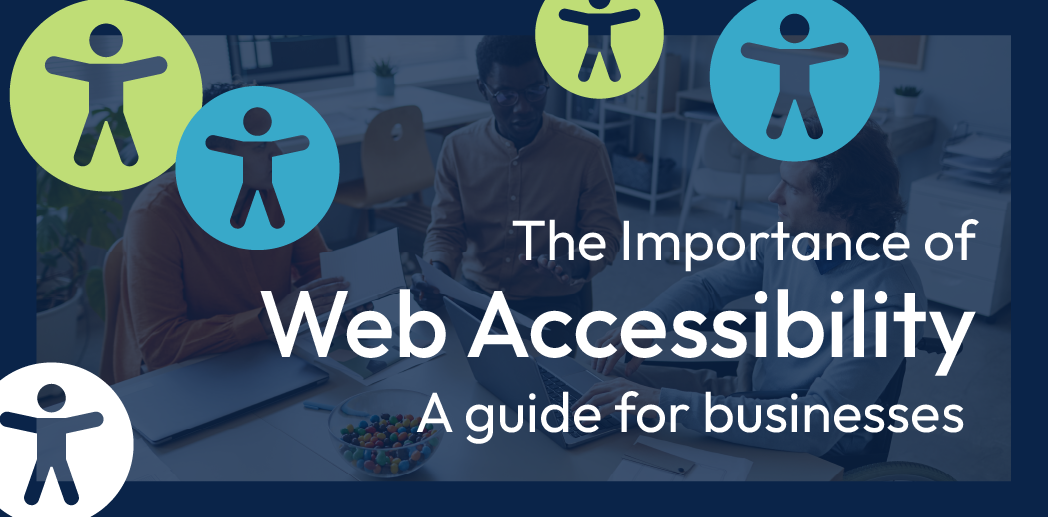What is SEO in Digital Marketing & How Does It Work?
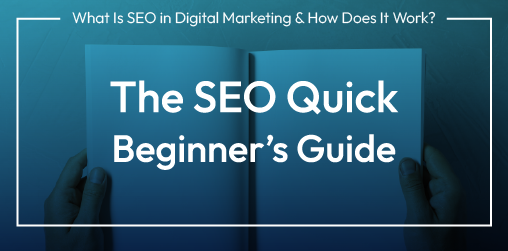
Achieving online visibility is essential for business success, and Search Engine Optimization, or SEO, is one of the most effective ways to ensure your audience finds you when they need your products or services. While SEO might seem complex to businesses venturing into digital marketing, it’s a proven strategy that boosts a website’s presence on search engines like Google.
More than just a way to rank higher in search results, SEO builds a strong digital foundation to drive quality traffic, increase brand awareness, and ultimately boost conversions. From optimizing content to cultivating a robust backlink profile, SEO combines a range of tactics that, together, attract and engage your ideal audience.
What is SEO?
Search Engine Optimization, or SEO, is a digital marketing strategy focused on increasing a website’s visibility in search engine results. By optimizing various elements of a site, businesses can connect with potential customers who are actively searching for relevant products or services. Unlike paid ads, SEO targets organic (or non-paid) search results, making it a cost-effective approach to building long-term visibility online.
SEO works by aligning a website with the factors search engines prioritize when ranking pages—such as relevance, credibility, and user experience. These improvements make a site more accessible to search engines and valuable to users, which, over time, enhances its potential to rank higher and attract more visitors.
How SEO and Search Engines Work Together
Connecting users with relevant, high-quality content depends on the seamless interaction between SEO and search engines. While search engines evaluate factors like relevance, authority, and user experience through complex algorithms, SEO optimizes websites to meet these standards and boost visibility.
Effective SEO strategies focus on areas that search engines prioritize—such as keyword placement, site structure, mobile responsiveness, and backlinks. For example, well-chosen keywords signal content relevance, and quality backlinks contribute to credibility. By optimizing these elements, SEO helps websites meet the standards that search engines use to determine which pages best answer user queries.
This synergy between SEO and search engines empowers businesses to reach their target audience more effectively. When SEO aligns with search engine criteria, it enhances a website’s visibility, increasing its chances of connecting with the right visitors at the right time.
Want a free same-day SEO health scan?
No strings attached - receive a comprehensive report covering 140 unique data points about your website's technical SEO health in 24 hours or less!
Free SEO Health Scan - What is SEO?: A Beginner's Exploration into SEO
Benefits of SEO for Your Business
SEO offers several valuable benefits that can make a real difference for your business:
- Increased Visibility and Traffic: By ranking higher in search results, SEO helps your business attract more visitors who are already searching for what you offer. This increase in organic traffic can bring steady growth over time.
- Enhanced Credibility: Websites that rank well are often viewed as more credible and trustworthy. SEO builds this authority by aligning your content with user needs and search engine standards, making your brand more reliable in the eyes of both search engines and customers.
- Cost-Effective Results: Unlike paid ads, which need constant reinvestment, SEO builds long-term authority and rankings. Steady investment in SEO drives sustainable visibility and consistent growth without the need to restart campaigns.
- Better User Experience: SEO often leads to a more organized, faster-loading website, which creates a smoother experience for visitors and increases the likelihood that they’ll stay and engage with your content.
Gaining a competitive edge means connecting with customers who are actively searching for what you provide. Over time, these SEO benefits build on each other, creating a sustainable path to growth.
Building an Effective SEO Strategy
A successful SEO strategy combines several interconnected elements, each working to make your website more accessible, relevant, and engaging. The ultimate goal is to enhance both search engine visibility and user satisfaction, creating a seamless path for customers to find and connect with your business.
To do this, an effective strategy focuses on key areas that impact performance: content optimization, online reputation, and user experience. By refining these aspects, you ensure that your website not only meets search engine standards but also resonates with your audience. A well-rounded approach allows your site to perform strongly in search results, building brand awareness, credibility, and loyalty among visitors.

On-Page SEO
On-page SEO focuses on optimizing the elements within your website to improve its search engine ranking and user experience. This aspect of SEO involves refining both the visible content and the underlying code on each page to make it more relevant and accessible for search engines and visitors alike.
Key components of on-page SEO include strategically incorporating keywords, crafting compelling meta tags (such as title tags and meta descriptions), and organizing headers to enhance the content structure. Additionally, on-page SEO emphasizes readability, multimedia usage, and internal linking to help users navigate your site and stay engaged.
With on-page SEO, the goal is to create pages that provide real value to users while signaling relevance to search engines. By optimizing individual pages, you’re setting a strong foundation for your site’s overall SEO performance and ensuring that each page can effectively reach and engage your target audience.
Off-Page SEO
Off-page SEO focuses on building a website’s reputation and authority beyond its own pages. By cultivating a strong presence across the web, off-page SEO signals to search engines that your site is a trusted, valuable resource within its industry.
Key strategies in off-page SEO include link building, which involves earning quality backlinks from reputable websites, and brand mentions, which help increase awareness and credibility. Social media activity and partnerships with other credible sites can also contribute to off-page SEO, amplifying your reach and reinforcing your brand’s authority.
The goal of off-page SEO is to strengthen your website’s influence and reputation, which, in turn, can improve rankings. Together with on-page SEO, these efforts create a balanced, trustworthy digital presence that appeals to both search engines and potential customers.
Technical SEO
Technical SEO focuses on optimizing the backend aspects of a website to ensure search engines can effectively crawl, index, and understand its content. Unlike on-page and off-page SEO, which center on content and authority, technical SEO addresses the foundational structure of a website to enhance its performance and accessibility.
Important areas in technical SEO include improving page load speed, ensuring mobile compatibility, creating an XML sitemap, and implementing secure HTTPS protocols. It also involves resolving any crawl errors and organizing site architecture to make navigation smooth and intuitive for both users and search engines.
By refining these behind-the-scenes elements, technical SEO helps create a seamless, efficient website experience that supports search engine visibility and keeps visitors engaged.
Understanding Keywords and User Intent
Effective SEO hinges on a deep understanding of keywords and user intent—identifying the exact phrases people use in searches and the reasons behind those searches. Keywords are not just words; they represent the needs, questions, and goals of your audience. By aligning content with these search terms, businesses can connect with users who are actively looking for their products or services.
User intent goes beyond keywords, focusing on the motivation behind each search. There are different types of intent: informational (seeking knowledge), navigational (looking for a specific website), transactional (ready to make a purchase), and commercial (researching products before buying). Tailoring content to match these intents helps users find what they’re looking for, making them more likely to engage and convert.
Understanding how keywords relate to user intent helps businesses craft targeted, relevant content that meets specific needs. This approach boosts search rankings and user satisfaction, ultimately driving more meaningful and qualified traffic to your site.
The Role of UX
User Experience (UX) plays a critical role in SEO by shaping how visitors interact with your website. Good UX allows users to navigate easily, find information quickly, and engage with content—all of which influence how long they stay on your site and how likely they are to convert. Search engines take these behavioral signals into account when ranking websites, meaning that a seamless, enjoyable UX can directly enhance your site’s visibility.
Core aspects of UX include intuitive navigation, fast-loading pages, mobile compatibility, and accessible design. When these elements are optimized, they create a positive experience that keeps users engaged and encourages return visits. In turn, a strong UX supports your SEO efforts by aligning with search engines’ priority to serve the best possible experience to users.
In essence, UX and SEO work together to make sure your website not only attracts visitors but also meets their needs effectively, building trust and fostering brand loyalty.
SEO vs Paid Search vs SEM
When it comes to increasing your online visibility, SEO, Paid Search, and SEM each play a unique role, and knowing the difference can help you choose the right approach for your goals.
SEO (Search Engine Optimization) is all about building organic visibility. It’s a long-term strategy focused on improving your website’s rankings in search engine results without paying for ads. By optimizing your content and site structure, SEO helps attract visitors naturally over time—without the need for ongoing ad spend.
Paid Search (or PPC, Pay-Per-Click) is a faster way to get noticed in search results by paying for ad placement. These ads often appear at the top of search engine results pages, making them ideal for reaching your audience quickly. However, the visibility stops when the ad budget does, so it’s best for immediate, short-term traffic.
SEM (Search Engine Marketing) is the umbrella term for both SEO and Paid Search, covering any strategy that boosts your site’s visibility on search engines. With SEM, you can get the best of both worlds: quick results from paid ads and sustainable growth from organic SEO.
Each of these approaches has its strengths. SEO builds credibility and brings steady, ongoing traffic, while Paid Search can provide a quick visibility boost when you need it. Together, they make up a well-rounded SEM strategy, allowing you to balance short-term wins with long-term growth.
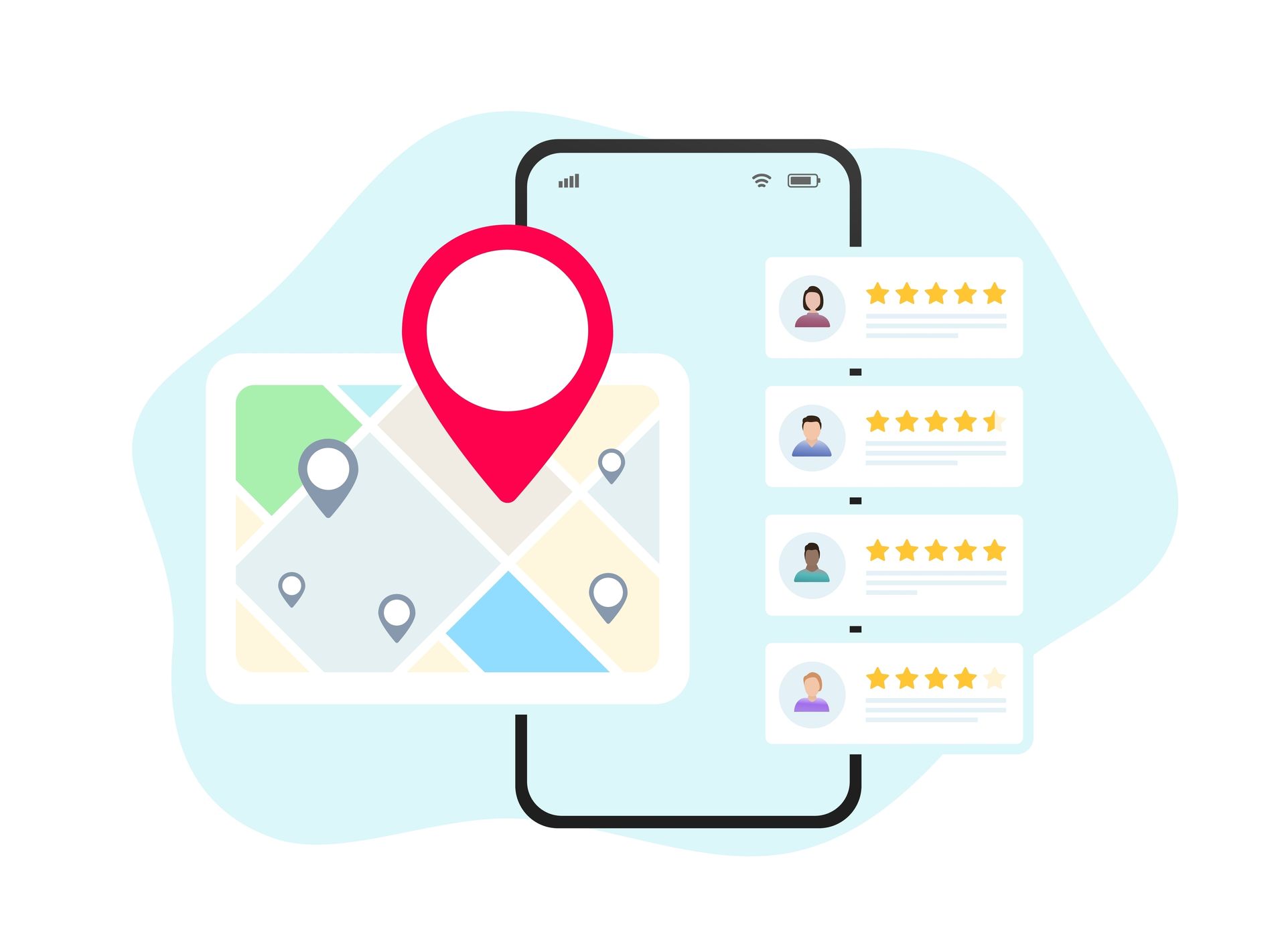
The Future of SEO
SEO is constantly evolving, shaped by advancements in technology and shifts in user behavior. Looking ahead, search engines are expected to prioritize user-focused experiences even more, rewarding websites that offer high-quality, relevant, and engaging content.
Emerging technologies like AI and machine learning will increasingly influence how search engines interpret and rank content, making adaptability essential for businesses. As search habits change—through voice search, mobile usage, and new types of media—SEO strategies will need to respond to these shifts to remain effective.
In a future where search engines continue refining what they value, successful SEO strategies will keep users at the center. Focusing on authentic value and staying responsive to trends will allow businesses to thrive in the ever-evolving world of SEO.
SGE & AI
The integration of Search Generative Experience (SGE) and Artificial Intelligence (AI) is transforming SEO by streamlining how users find relevant information and enhancing the search journey itself. With SGE, search engines like Google generate more contextually relevant and nuanced search results, helping users see concise answers and tailored information faster. AI-driven search models analyze user behavior and patterns to provide increasingly accurate results and personalized recommendations, which means that businesses need to focus on creating well-rounded, high-quality content that aligns with user needs.
For companies optimizing for SGE and AI, the goal is to produce value-rich, authoritative content that meets search engines’ evolving standards while enhancing user experience. By staying adaptive to these advancements, businesses can better connect with their target audience.
Content Optimization
Content optimization is all about making your website’s information as helpful, engaging, and accessible as possible. Instead of just adding keywords, it’s about understanding what your audience is looking for and creating content that genuinely addresses their needs. This includes targeting long-tail keywords—specific, detailed phrases that reflect user intent and help connect with highly motivated searchers—as well as using clear, well-structured writing, relevant images or videos, and a format that’s easy to read on any device.
Creating valuable, well-organized content keeps visitors interested and builds trust, guiding them to explore more. Thoughtfully optimized content not only improves search rankings but also strengthens connections with your audience, aligning your site with both user needs and search engine standards in a meaningful way.
Social Media and Web Analytics
As SEO continues to evolve, social media and web analytics are becoming increasingly essential in shaping effective strategies. While social media doesn’t directly influence search rankings, it can expand your reach, generate quality backlinks, and create new pathways for engagement, indirectly supporting SEO. Content shared across social platforms boosts visibility, often attracting new visitors and building brand awareness.
Web analytics provides the insights needed to track and measure how visitors engage with your website. Through analytics, businesses can better understand which pages and content types perform best, allowing for adjustments that align with user preferences and search engine priorities.
Together, social media and analytics form a feedback loop that strengthens SEO: social media helps drive traffic, while analytics reveals how well content meets audience needs. Using these tools strategically supports long-term growth by ensuring SEO efforts remain relevant, targeted, and user-centered.
SEO as a Service: When to Hire an SEM Company
While many businesses start with DIY SEO, partnering with an SEM company becomes essential as growth goals expand or SEO needs become more complex. SEO as a service provides access to expertise, tools, and insights that can be difficult to manage in-house, especially for businesses aiming to achieve a significant increase in visibility and conversions.
Hiring an SEM company is particularly beneficial when scaling efforts, as professional teams bring specialized knowledge in areas like keyword strategy, technical SEO, content creation, and data analysis. An SEM partner also monitors trends and adjusts tactics as algorithms evolve, helping your strategy stay competitive and up-to-date.
For companies looking to maximize their SEO potential, working with a trusted SEM agency can save time, optimize results, and create a foundation for sustainable growth. With the right team in place, your business can see steady improvement in search visibility and audience engagement—a level of digital presence that’s difficult to reach alone.
RivalMind is Here to Help
Navigating the complexities of SEO can be challenging, but you don’t have to do it alone. At RivalMind, we specialize in building tailored, results-driven SEO strategies that align with your unique goals. Whether you're looking to improve your search rankings, attract more qualified traffic, or create an impactful online presence, our team is here to guide you every step of the way.
With expertise in all areas of SEO—from technical optimization and content strategy to data-driven insights and continuous trend monitoring—RivalMind is equipped to handle every aspect of your digital marketing needs. We’re dedicated to helping your business grow sustainably, increase visibility, and connect with the audiences that matter most.
Ready to take your SEO strategy to the next level? Contact us today to explore how RivalMind can support your goals and empower your business to stand out in a competitive online world.

Meet the Author
Matt Scroggs
CMO RivalMind
Hi, I'm Matt Scroggs, a digital marketing strategist. For two decades I served as the senior digital marketer for several global, iconic brands. Today, I'm the chief marketing officer at RivalMind, an agency 100% dedicated to helping companies thrive by driving transformational growth through innovative digital marketing. I'm also a lifelong Cubs fan, a faithful family man, and a web analytics junkie—relentlessly tracking conversions, loyalty, and advocacy, which are often as elusive as the pennant!
Specialties: Helping Businesses Grow, Marketing Strategy, Idea Guy
Looking for more organic website traffic?
Welcome to RivalMind. Our purpose is to help your business thrive. We are a digital marketing agency that offers SEO, PPC, Web Design, Social Media and Video Solutions as tools to our clients for online business development and growth.
Contact us today to get started!
Blog Contact Form
Connect with Us:




